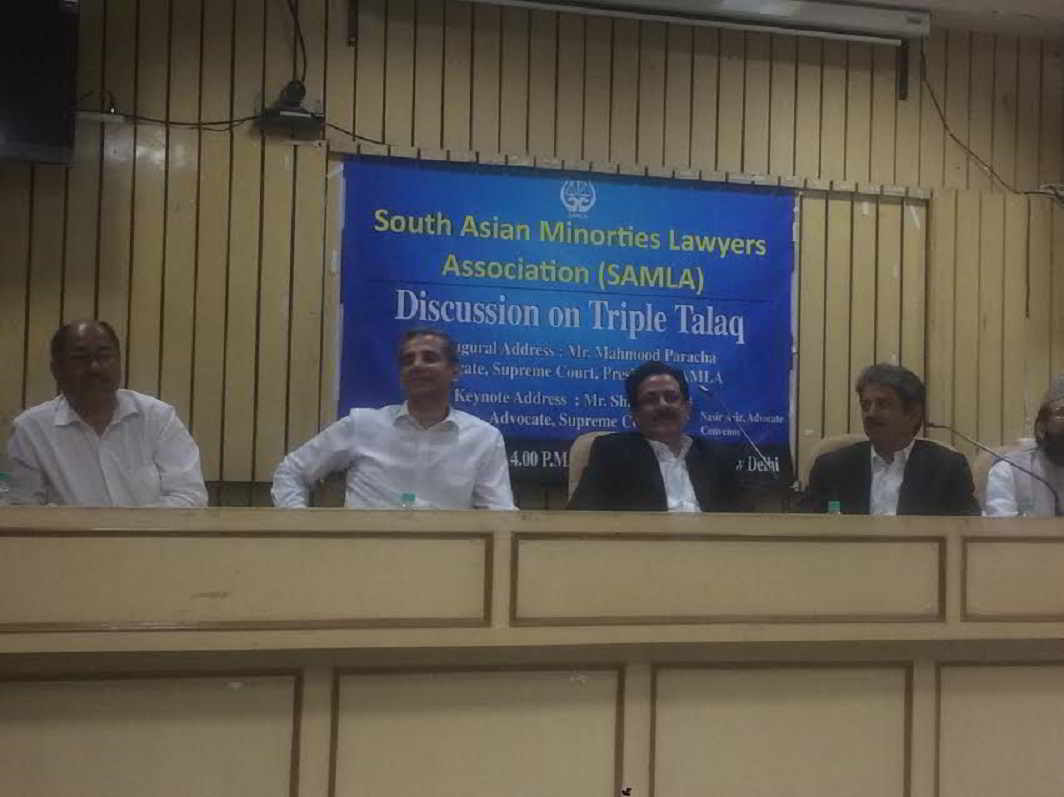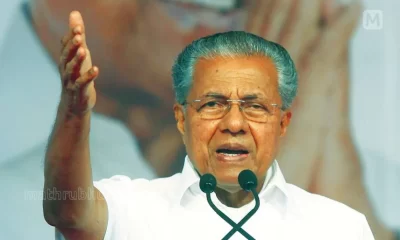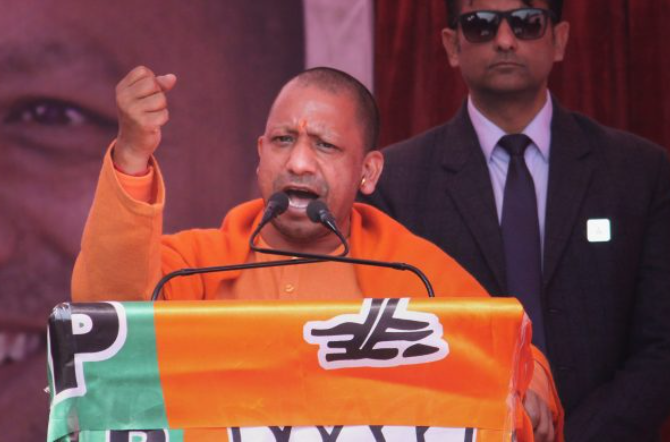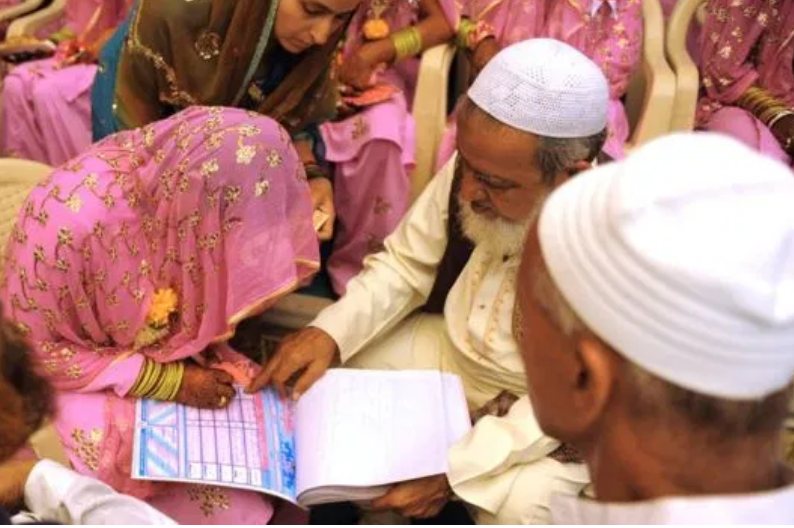[vc_row][vc_column][vc_column_text]South Asian Minorities Lawyers Association says triple talaq should not be a weapon in the hands of politicians
By Abu Turab
The government should bring in legislation to ban triple talaq under the Penal Code, said senior advocates associated with the South Asian Minorities Lawyers Association (SAMLA), and not leave it to courts to intervene in issues related to Muslim Personal Law.
The advocates called upon community leaders to introspect and come up an unanimous opinion on the vexed issue.
Addressing a discussion on triple talaq at Indian Law Institute in New Delhi on Thursday, senior lawyer Mehmood Pracha, who is also the president of the regional organization, claimed Muslim women enjoy maximum liberty as marriage is basically a contract where both parties can include conditions before entering into a matrimonial relationship.
He said triple talaq in one sitting is already banned in Delhi, Maharashtra and Jammu and Kashmir because of certain court orders, which has certainly not empowered Muslim women.
Pracha said women, irrespective of religion, were already protected by the Domestic Violence Act, Section 25 of the CRPC and Section 125 B of the Indian Penal Code, where special provision of maintenance is mandatory. In case of former husband’s inability to bear the costs, the woman is eligible to receive financial assistance from state waqf boards.
Pracha, who is also member of All India Muslim Personal law Board (AIMPLB), believed that being an NGO, the Muslim body does not have executive power. At most, they may ask community members to boycott the person who misuses provision of triple talaq.
He advised that courts should not allowed to be misused for political reasons. It should be clear that formulating legislation is government’s duty and not that of the judiciary. The issue of triple talaq is being misused for political ends. If the government is really concerned about the welfare of women, it should come up with legislation having provision of huge penalty and imprisonment for triple talaq in one sitting.
Suggesting a solution, Pracha said the Domestic Violence Act should be made more effective and the provision of granting 75 percent of husband’s assets to the woman should be made mandatory. Make the law of divorce so fearsome that triple talaq is prohibited, he added.
He criticised the present law saying that women have no right to complaint against adultery and are forced to bear the harassment every day.
Maulana Mohammad Jafar of the Jamaat-e-Islami Hind and convener of Muslim Personal Law Awareness Campaign, said the government was responsible to bring in legislations and getting them executed.
He said triple talaq in one sitting was condemned by Prophet Muhammad. It does not have the sanctity like other Islamic laws. He acknowledged that some people misused Islamic laws by giving triple talaq in one sitting. “We all should work together to prohibit misuse of any law,” he said.
Mushtaq Ahmed, another senior advocate, supported the government which has submitted an affidavit in the Supreme Court saying triple talaq was incorrect. He advised all Muslims to adopt Shia and Ahl-e-Hadees jurisprudence rejecting triple talaq.
Suhel Ayubi said Muslims should be advised the solution to the triple talaq controversy based on Islamic law and scriptures.
Niyaz Farooqui, one of the senior thinkers of Jamiat Ulema-e-Hind, advised that no sect can assert that their practices were right while those of others were wrong. Each jurisprudence was free to interpret Islamic law as it deems fit. However nobody should be allowed to sow seeds of difference on such issues.
Shahid Rizvi, while delivering keynote address, said that practice of talaq was rampant among Arabs before the advent of Islam. In fact Prophet Muhammad reformed the provisions of talaq for safeguarding the interests of the women.
He observed that Muslim religious and social leaders have not done anything to correct the course of the triple talaq practice. In fact, we are wrong when we expect a non-Muslim judge and advocates to understand Islamic laws as we desire. Community should come forward with solution of the vexed issue. He referred to several verses of the Holy Quran describing the process of talaq and rights of men and women. He asserted that Islam is easy and straight forward religion. “We must have our own mechanism to resolve the issues,” he suggested.
It was decided that SAMLA will also organise a discussion about the Hindu personal law for creating awareness among the law practitioners and the general public.[/vc_column_text][/vc_column][/vc_row]


 India News23 hours ago
India News23 hours ago
 Latest world news9 hours ago
Latest world news9 hours ago
 Cricket news9 hours ago
Cricket news9 hours ago
 Latest world news8 hours ago
Latest world news8 hours ago
 India News5 hours ago
India News5 hours ago
 India News10 mins ago
India News10 mins ago













